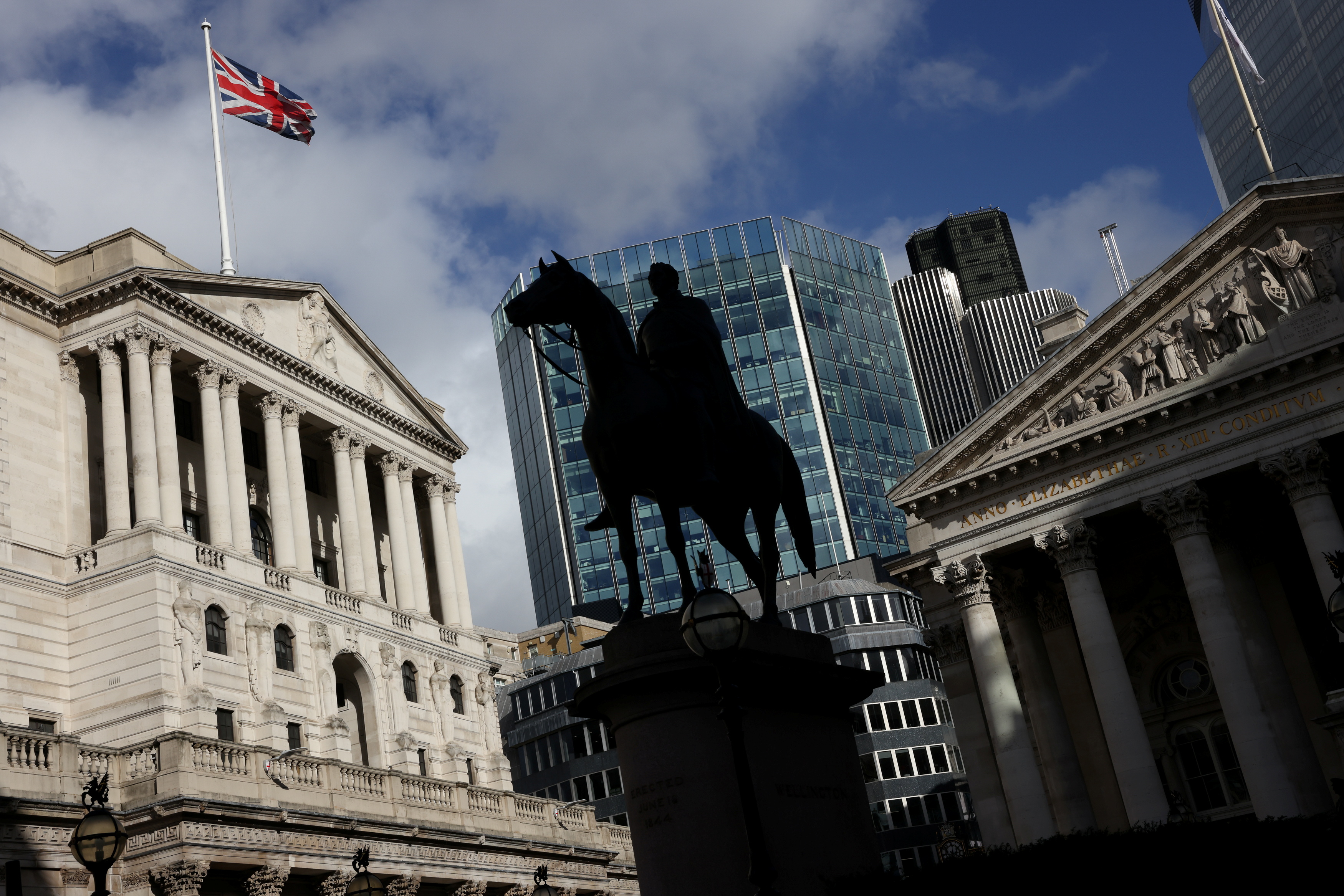The Bank of England defied market expectations by keeping interest rates on hold, putting fears of slowing growth above forecasts for a surge in inflation.

Politicians, led by Governor Andrew Bailey, voted 7: 2 in favour of keeping the benchmark lending rate at 0.1% and 6: 3 in favour of keeping the bond-buying target. Officials also opposed market prices for a series of price hikes of up to 1% next year, noting that this path would leave inflation below the target at the end of their forecast period.
The pound weakened after the decision, falling 0.8 per cent to $1.3572 as of 12:05pm in London. In turn, as https://fx-exness.com/mt4/ became known, government bonds rose sharply while money markets cut rates to raise rates, resulting in a 17 basis point tightening next month, up from 28 basis points before the announcement.
However, the central bank said the latest economic data supported the view that borrowing costs should rise in the "coming months" in order to keep inflation on target. However, it also noted that there remains serious uncertainty about the labour market after the end of the government's furlough programme for those left out of work during the pandemic.
The decision is likely to raise questions about the credibility of the bank and especially Bailey, who has allowed speculation over the past few weeks about an immediate rate hike. Having warned of the "tough conditions" facing the economy as recently as September 27, Bailey has since focused his remarks on the unexpected rise in inflation and the need to control price pressures.
Those remarks led investors to raise rates entirely this month, although economists were almost evenly split on the likelihood of the move. During a similar episode years ago, Bailey's predecessor Mark Carney was called an "unreliable guy", and the current governor's decision to vote to hold may once again draw this criticism.
Politicians have also updated forecasts for the economy, lowering the growth forecast and increasing it to account for inflation.
Consumer price inflation is now expected to reach 5% in April 2022, the highest forecast since 2011. Most officials considered this a temporary phenomenon and the Bank of England stressed that there is little monetary policy can do to prevent a spike.
Officials expressed growing concern about the growth outlook, noting signs that consumption is declining due to supply-side bottlenecks and rising costs of oil, natural gas and electricity.
The committee noted that these problems are holding back the economy, which will remain below its pre-coronavirus level until the first three months of next year, a quarter later than the bank had previously expected.
The average growth estimate for 2022 was lowered from 5.3% to 5%. This reduction came despite a small increase from the Treasury after Finance Minister Rishi Sunak last week increased spending in his annual budget.
Only two officials, Dave Ramsden and Michael Saunders, voted for the immediate decision. They noted that inflation is likely to remain above the target for the next few years if rates do not rise. Taking immediate action could reduce the need for a sharper tightening in the future, they said.
The two, along with Catherine Mann, also voted to reduce the Bank of England's target for government bond purchases by £20 billion to £855 billion. These purchases should be completed by the end of the year.
Most found the expectation justified, saying immediate action was costly. The current monetary policy stance, they said, offered more scope for tightening than for easing.
Expectations for a decision at this meeting have changed dramatically over the past few weeks. Just two months ago, a rate hike this year was almost unthinkable. The Bank of England opened the door to earlier action at its September meeting, followed by a series of comments from Bailey which highlighted the hawkish case.
These culminated in an October message stating that action was inevitable.
How it works
Stefan Demirian
Serial entrepreneur
Miguel Arias
CTO. Innovator and entrepreneur, inventor of iBac patent family & multiply acclaimed entrepreneur.
Sebastian Karlsson
COO. Previously held a leadership position in Business Development at PwC and Canon.
Omid Ekhlasi
CCO. Responsible for communications at Serendipity Group.
Kamjar Hajabdolahi
Sendior advisor, Serial Entrepreneur, Partner and head of M&A at Serendipity Group.
Stefan Borg
President of the Swedish National Association against alcohol and narcotic addiction. Former director of operations at the Stockholm center of addicts.
